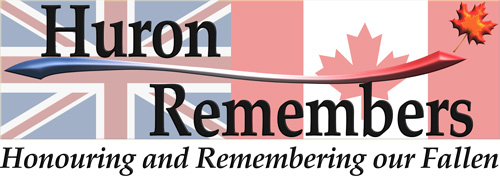The Allied Commanders and psychiatrists of WWI believed that soldiers broke down, or suffered shell shock, because in their minds, men in the trenches had not been "hardened" enough. Their thinking was civilians which was what the Canadian Expeditionary Force was comprised of were not made to be natural warriors and that it would take a great deal of training to make these men into proficient soldiers. Training was to be simple, continuous and varied and were to be trained for one purpose only which was to fight. The thinking was that a when a man was in a fighting atmosphere there was a very high level of anxiety, high levels of fear and behaviour and often there was a need to repeat certain actions for no reason and this happened when an adaptive form of subduing failed. Canadian soldiers were volunteers and had been trained quickly and they had not had enough time to build up a productive system to deal with fear and anxiety. It was then "small wonder" that the failures of a man to adapt was numerous and severe.
There were some that felt this occurred because the nature of fighting a war had changed. Many felt that the youth of the cities and large communities were soft and lacked the determination and toughness of a man who had been in the military for a period of time. It was thought by many that the men who were farmers, forestry workers, miners and fishermen were tougher more used to hard labour and tougher mentally and would make better men in the field.
Some drew a contrast between officers who broke down in the field and the men under their command. This was the price paid by men who were educated and thinking men paid for being in command of men. They believed those in command were more vulnerable to the indicators of fatigue because of their being responsible for so many other men.
There were Commanders who believed that officers were more likely to suffer from worry, sleeplessness, fatigue along with discomfort of the upper abdomen. Some cases found that after an officer was at the front for more than a year he was in some cases useless.
It had been said that civilians enjoyed battle and killing but this thinking was not what the military believed. Industrialization had brought about an increase in firepower and with that came the expectation of heavier casualties. The thinking then was that officers and men need to have an offensive mentality going forward. Morale and training were then given a higher role. Men in the urban environment were thought to be weak and the problem now was how to transform these men into a fighting machine that would be able to overcome the blood and death they would encounter in the field. It was agreed that during training these men would have to become would have to have an aggressive mentality pounded into them.
An infantryman in the trenches fighting for his life did not have the inclination to record his thoughts and feelings. Following a battle or offensive was when a man would sit down and write in his diary or write a letter home and it was then they would think about what they had gone through and survived. Killing was a was a very important element into the breakdown of a soldier.
Hand to hand combat during the First World War was not as prevalent as it was in World War II or Korea. Most killing in WWI was not personal with 60% of men were killed by artillery fire, and three times the men were killed by shells instead of bullets.
Most soldiers in the filed were doing nothing more than trying to survive and doing nothing that would expose then to danger and doing as much as possible to protect themselves. Front line combat troops who were constantly exposed to dangers were the most likely to have a breakdown. To kill in battle a man might have to expose himself to the risk of many dangers. Attacking troops often felt dreadful rates of attrition.
During any war the killing is still mostly taboo. There is something that exists that we may never know about combat. Only those who experienced combat can relate.
Killing did not protect a man from shell shock. Those who killed in battle experienced more mental issues than those men in a defensive position.
As the war ended and there was demobilization, going back to civilian life proved to be difficult. Many found themselves without their friends and family because he had killed during the war. This led to a lasting period of not being friends anymore or part of the family anymore. These men were left with the problem of reconciling acts of behaviour that in times of peace were considered to be morally wrong and evil.crimes, but thia is what they had been trained for.


